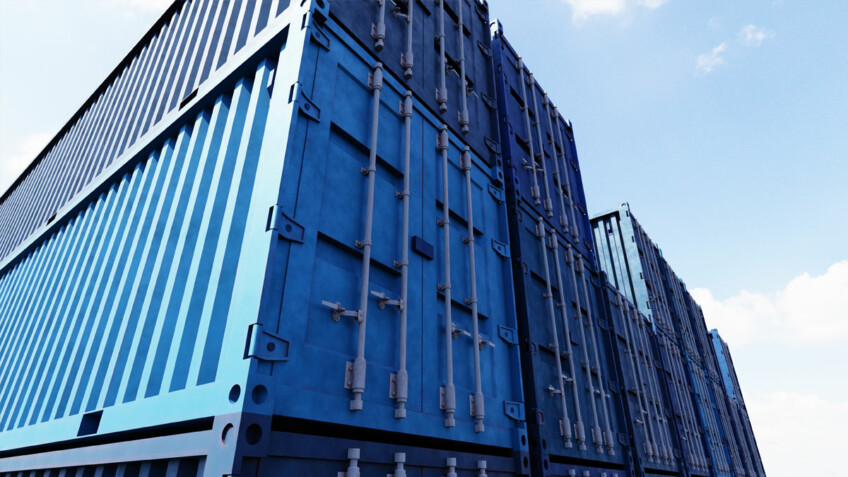BIFA Director General, Robert Keen comments: “This pause in the introduction of the final stages of import controls resulting from the UK’s departure from the EU appears to be for fundamentally different reasons to those behind previous delays.
“BIFA interprets this pause to be part of a much bigger picture, that will encompass a review of all frontier policies for all of the UK’s trade with not just the EU, but the rest of world, The trade association anticipates that this will result in the introduction of new policies applicable to all of the UK’s international trade.”
Yesterday’s announcement advised that government is targeting the end of 2023 as the revised introduction date for a new regime of border import controls.
Keen adds: “2023 may be a significant date because that is when CDS, the system that is replacing CHIEF for processing customs entries, is meant to be fully operational for both imports and exports.
“In 2020, BIFA stated that within the overall Border Operating Model, a pattern was emerging of announcements with attention-grabbing headlines, but minimal detail that didn’t appear to have been thought through.
“Whilst the new systems were announced, consultation with the trade was minimal and some of the practicalities of implementing the new systems in regards to freight forwarding, and other supply chain responsibilities, as well as document flows, did not appear to have been taken into account.
“We can only hope that those in power in Whitehall have learnt from this oversight although yesterday’s announcement raises many questions about future trade policy and procedures, which need to be answered by government.”
Following the announcement, BIFA is reminding its members that the new procedures and controls on imports from the EU that have already been introduced remain in place.
Keen adds that the procedures and controls on imports that were introduced in January 2022 are probably of greater significance to the work done by a larger number of the trade association’s members than the controls that were planned for introduction from July 2022, which will now not be introduced in that month.
He says: “A smaller number of BIFA members handle the types of products imported from the EU for which Sanitary and Phytosanitary (SPS) checks; safety and security declarations; and health certifications would have become necessary from July 1st.
“Nevertheless, those that do handle those products will be hoping that the time and money that they have invested in staff and resources to meet the July 1st deadline, is not all in vain.
“In light of previous experience, those members, along with the trade association will be cautious with any further government announcements setting out new dates and a timetable for additional border import controls, that we are told will be revealed in a new Target Operating Model, publication of which has been promised for this Autumn.”
-ends-
